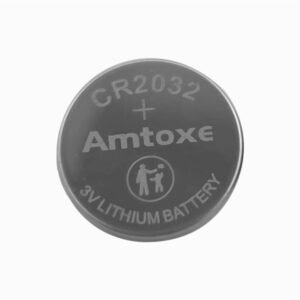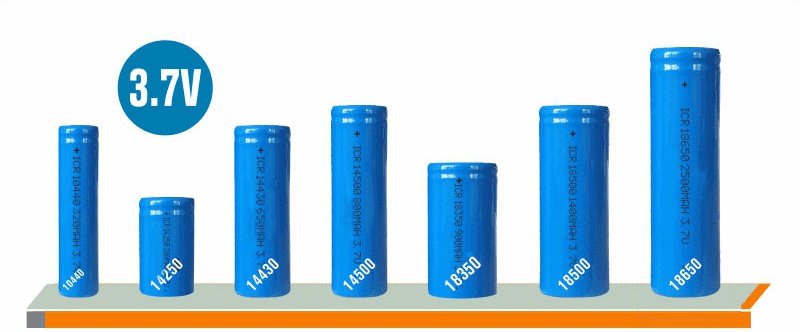Are lithium batteries the same as lithium-ion batteries?
Lithium-ion is one of the possible types of batteries made based on lithium. They’re secondary batteries, which means rechargeable. Other lithium chemistries produce primary batteries that are not rechargeable, so they are not the same.

Lithium batteries generally refer to non-rechargeable batteries that use metallic lithium as an anode and a variety of materials (such as manganese dioxide) as the cathode, like the 3V Li-MnO2 battery CR2032. and lithium thionyl chloride (Li/SOCl₂) batteries such as our Amtoxe Product 3.6V ER34615.
These batteries are often used in applications, lightweight and high energy density are crucial, such as in watches, calculators, and other small electronic devices.
Once their chemical energy is depleted, they cannot be recharged and must be replaced.

Lithium-ion (Li-ion) batteries are rechargeable batteries, their lithium ions move from the negative electrode (anode) to the positive electrode (cathode) during discharge, and back when charging.
They typically use a variety of lithium-based materials in the electrodes, such as lithium cobalt oxide, lithium iron phosphate 3.2V, or lithium manganese oxide.
Li-ion batteries are widely used in consumer electronics, like smartphones and laptops, and in electric vehicles (EVs), due to their high energy density and ability to be recharged many times.
Check more Key Differences:
1.Rechargeability: Lithium batteries are non-rechargeable, while lithium-ion batteries are rechargeable.
2. Usage: Lithium batteries are typically used in single-use applications where replacement is easier than recharging, whereas lithium-ion batteries are used in devices requiring multiple charge cycles.
3. Chemistry: Lithium batteries use metallic lithium as the anode, whereas other batteries use lithium compounds and can reverse the chemical reaction during charging.
while both of them involve lithium, their differences in rechargeability and chemical composition make them suited for different types of applications.
You should understand these distinctions in choosing the right battery technology for specific electronic devices or systems.
